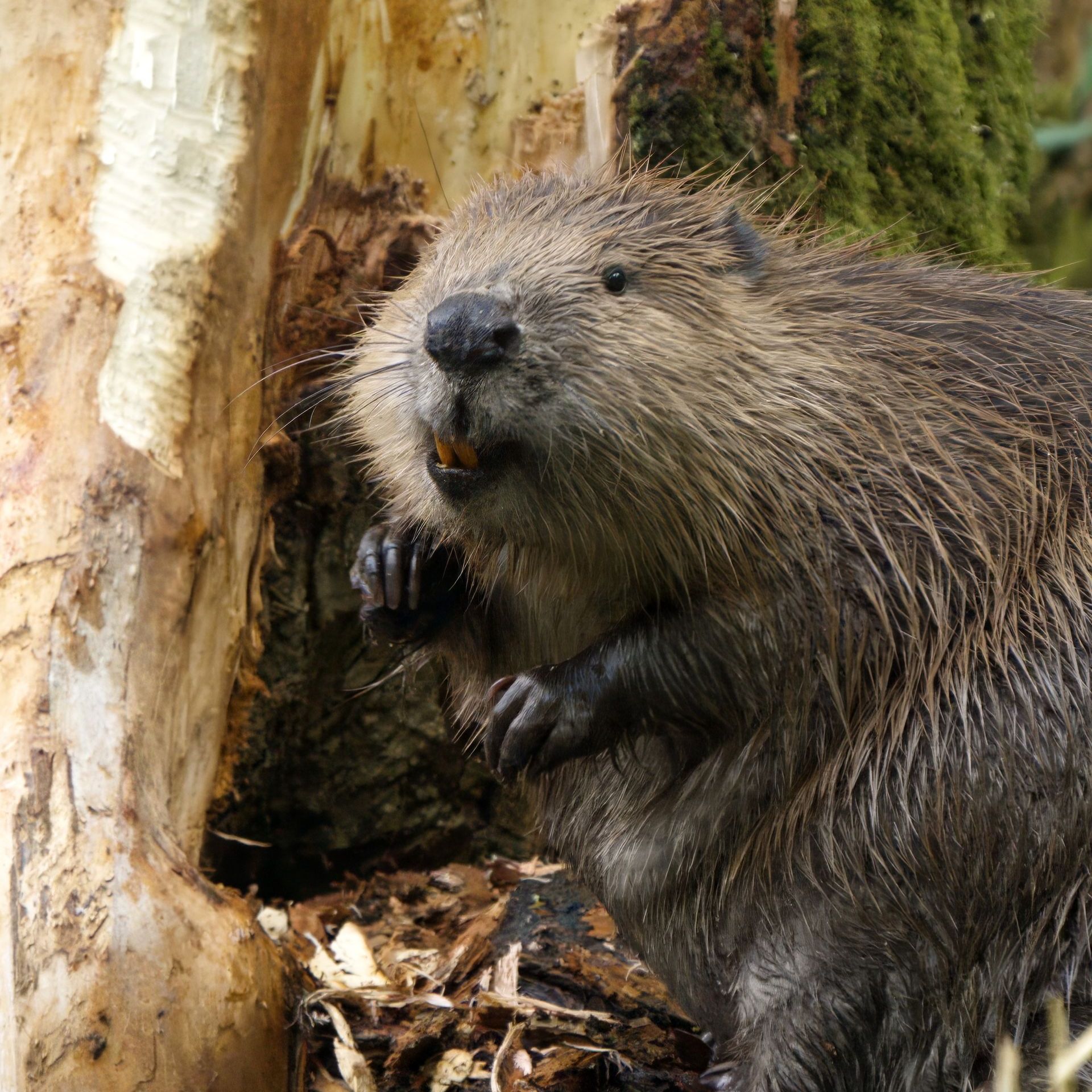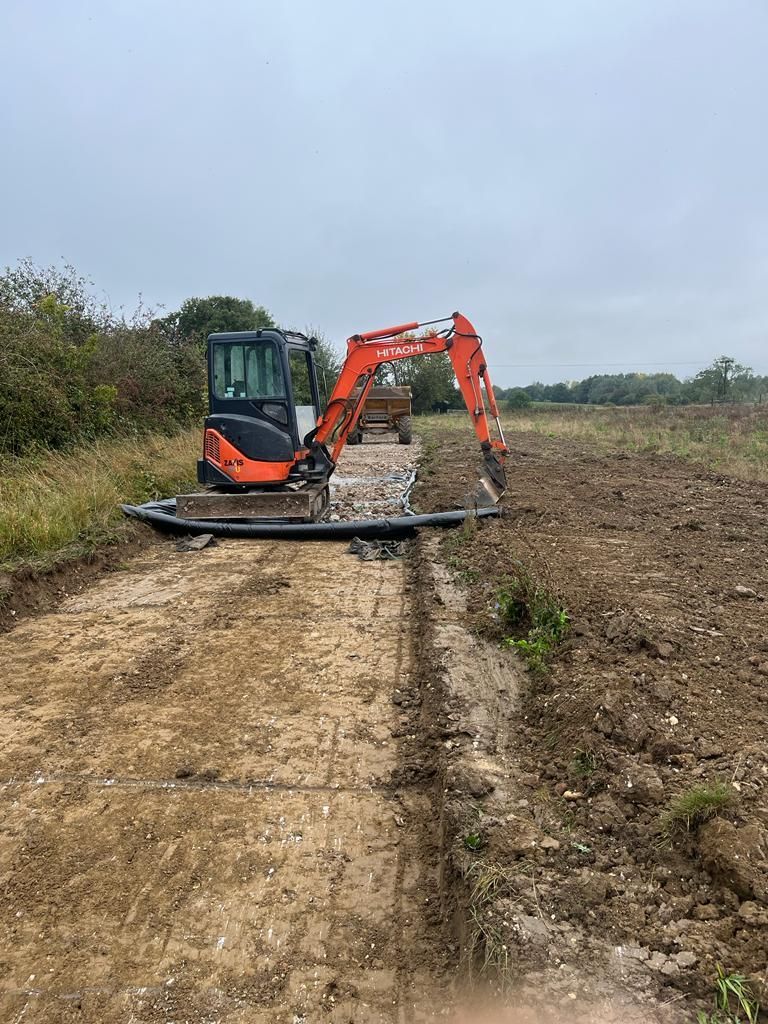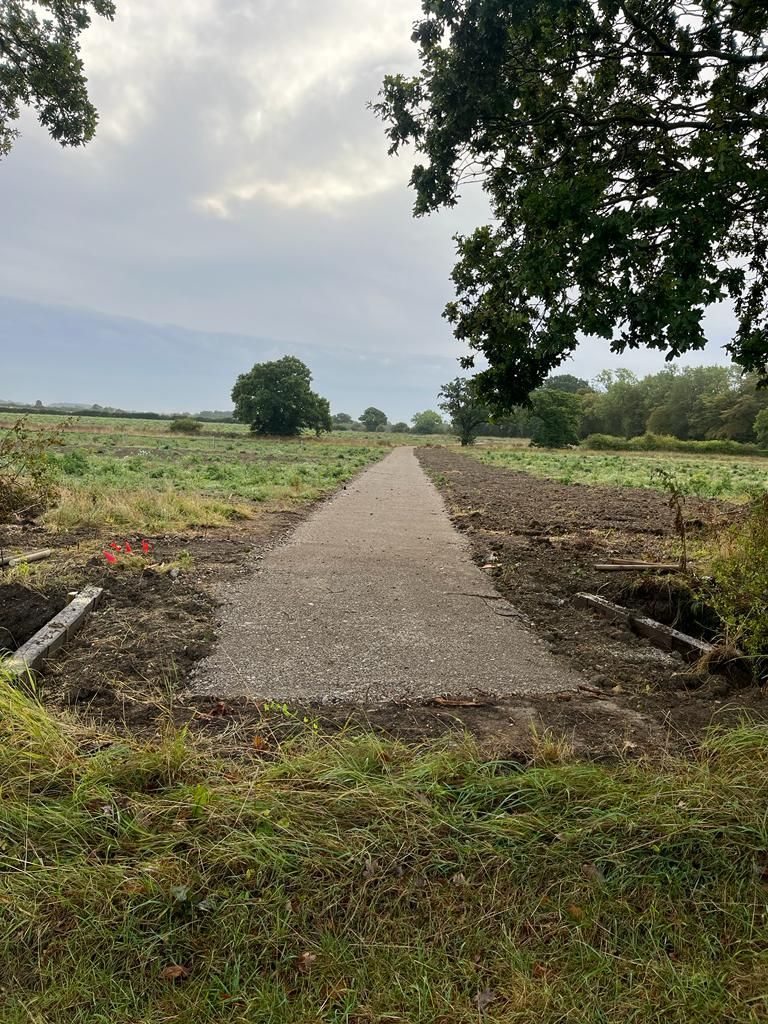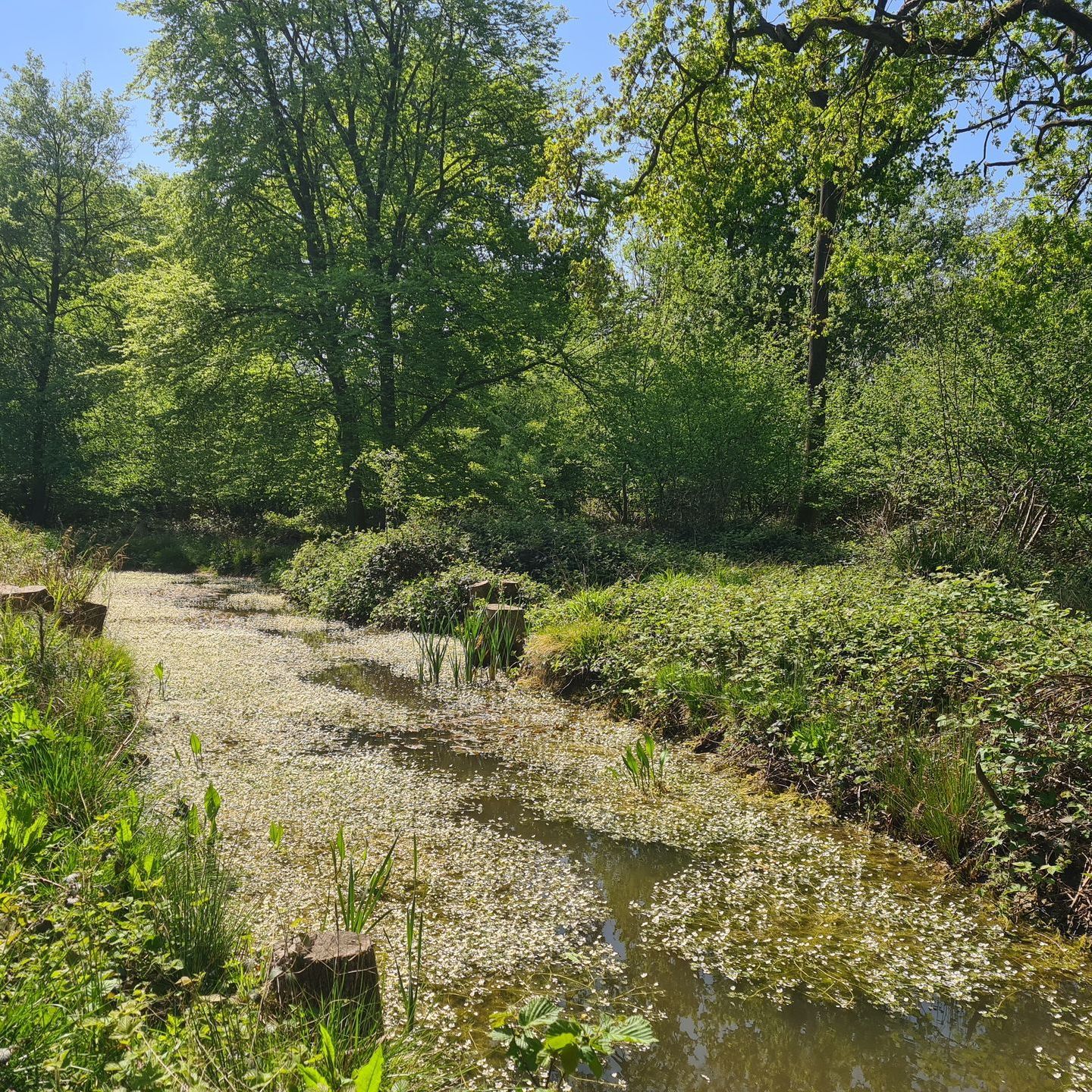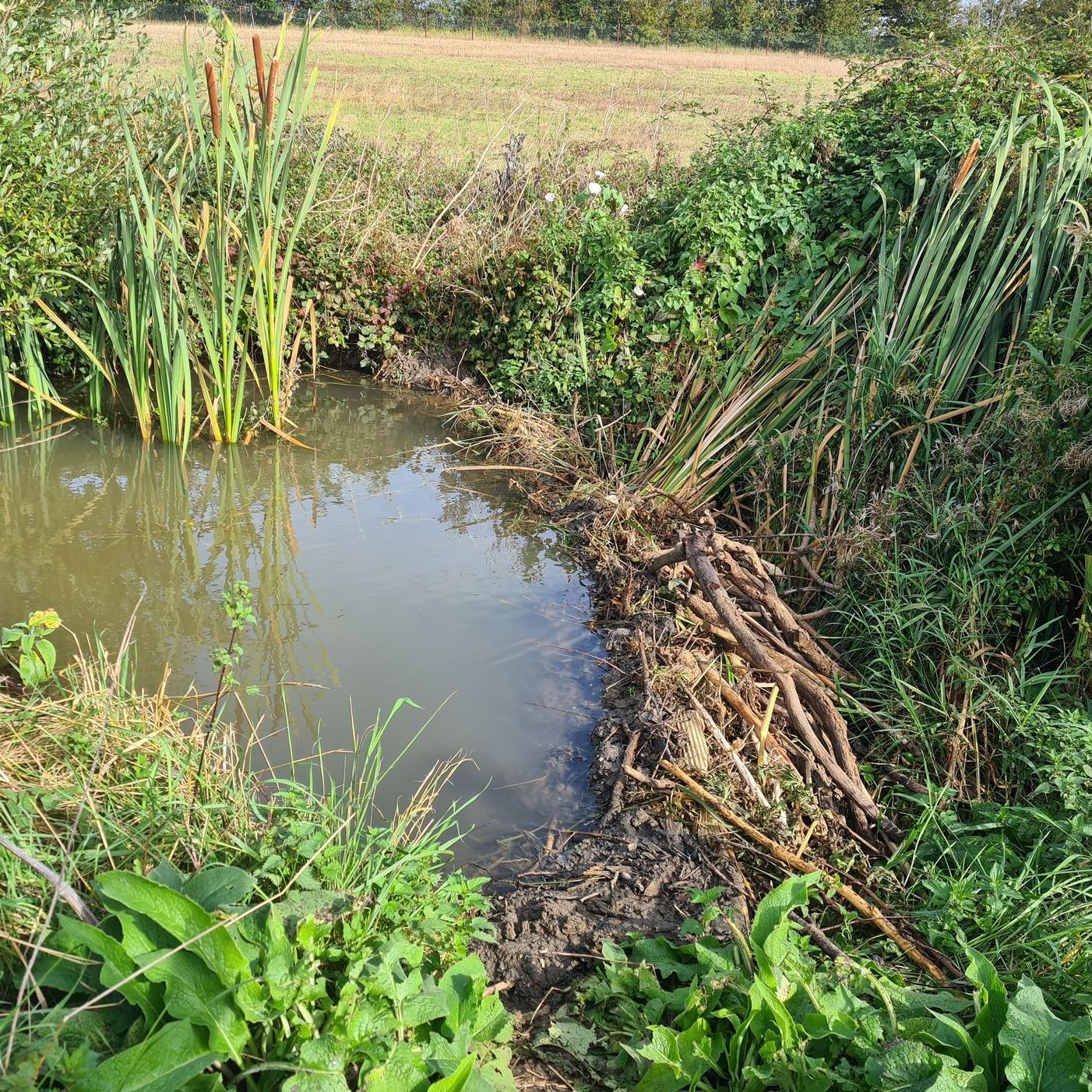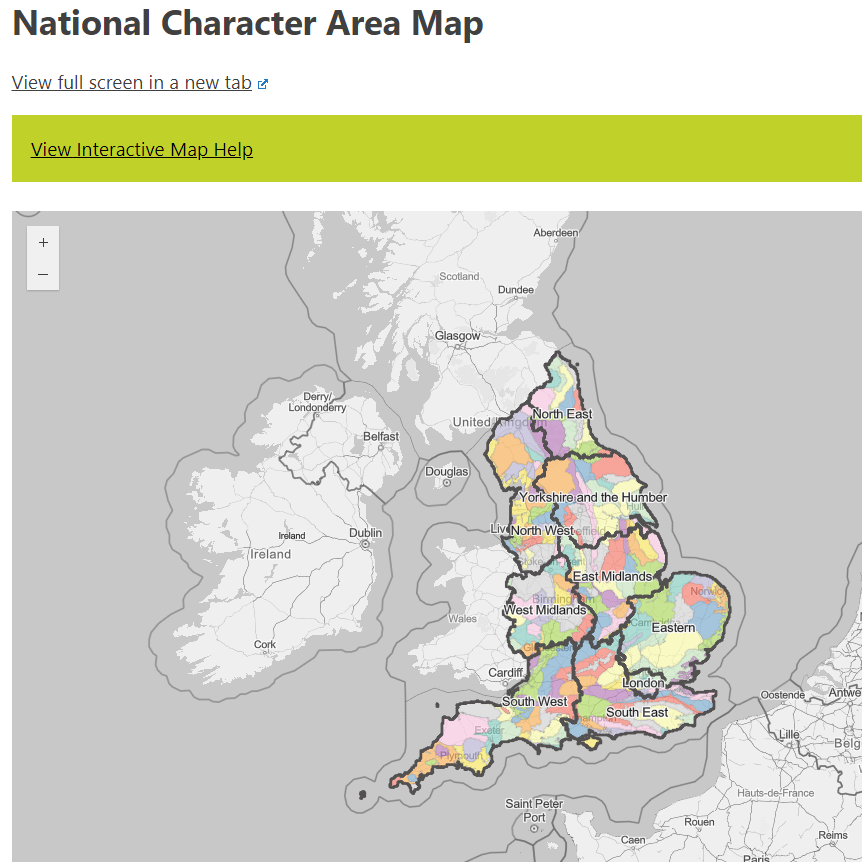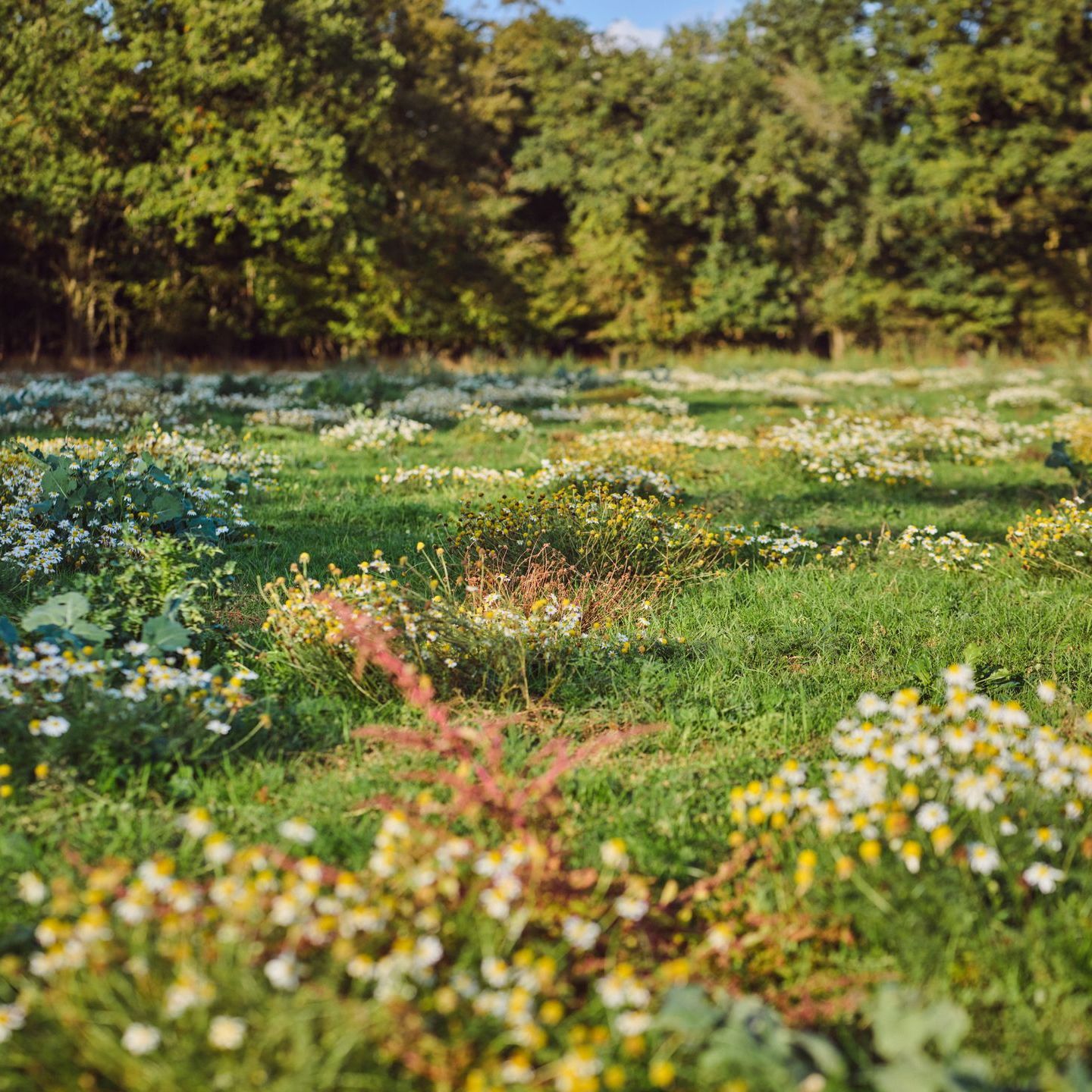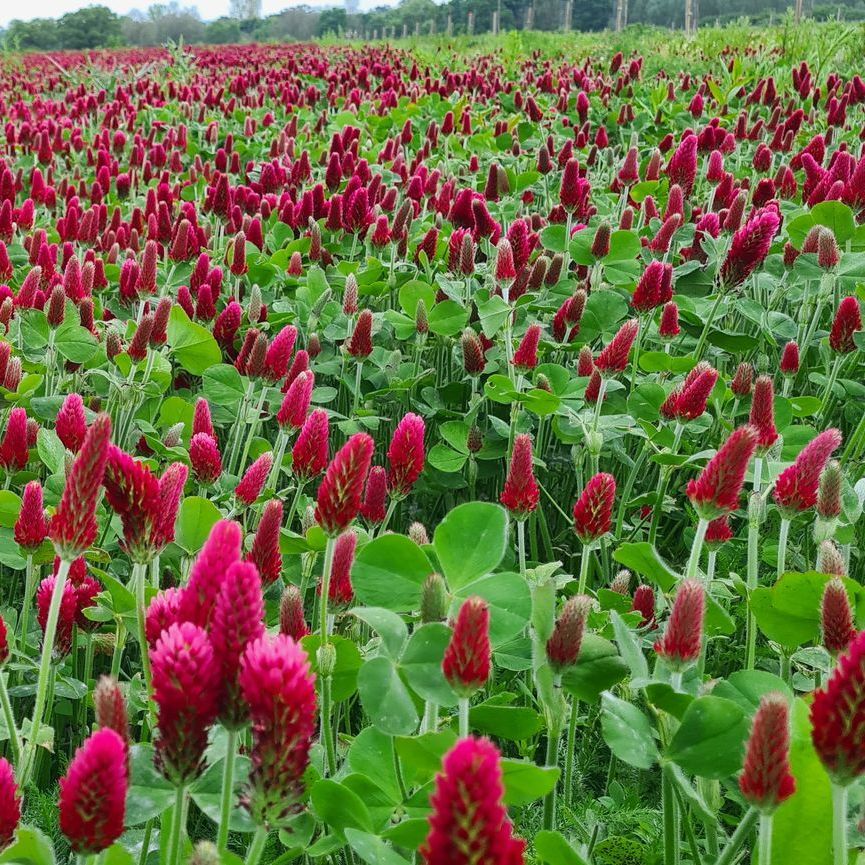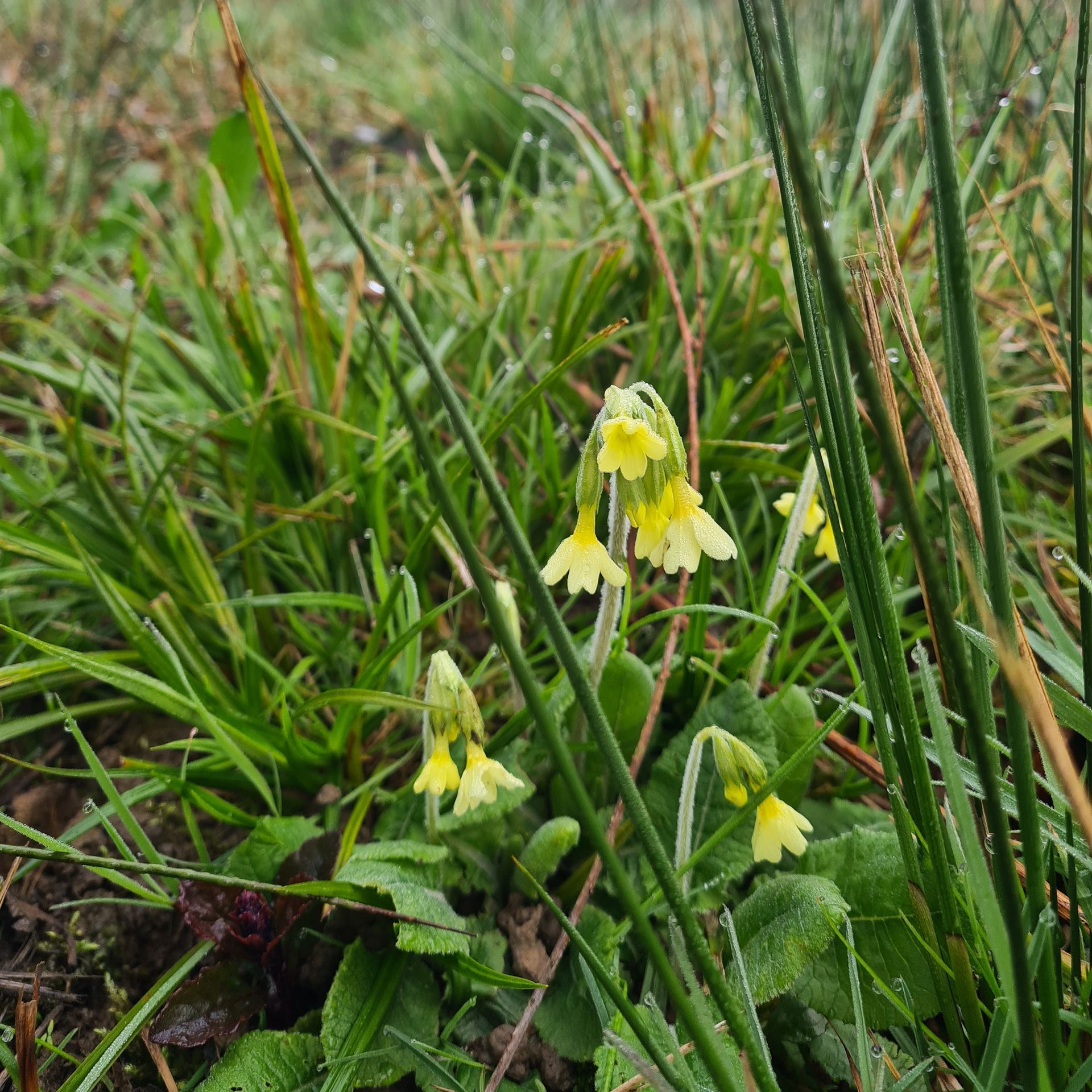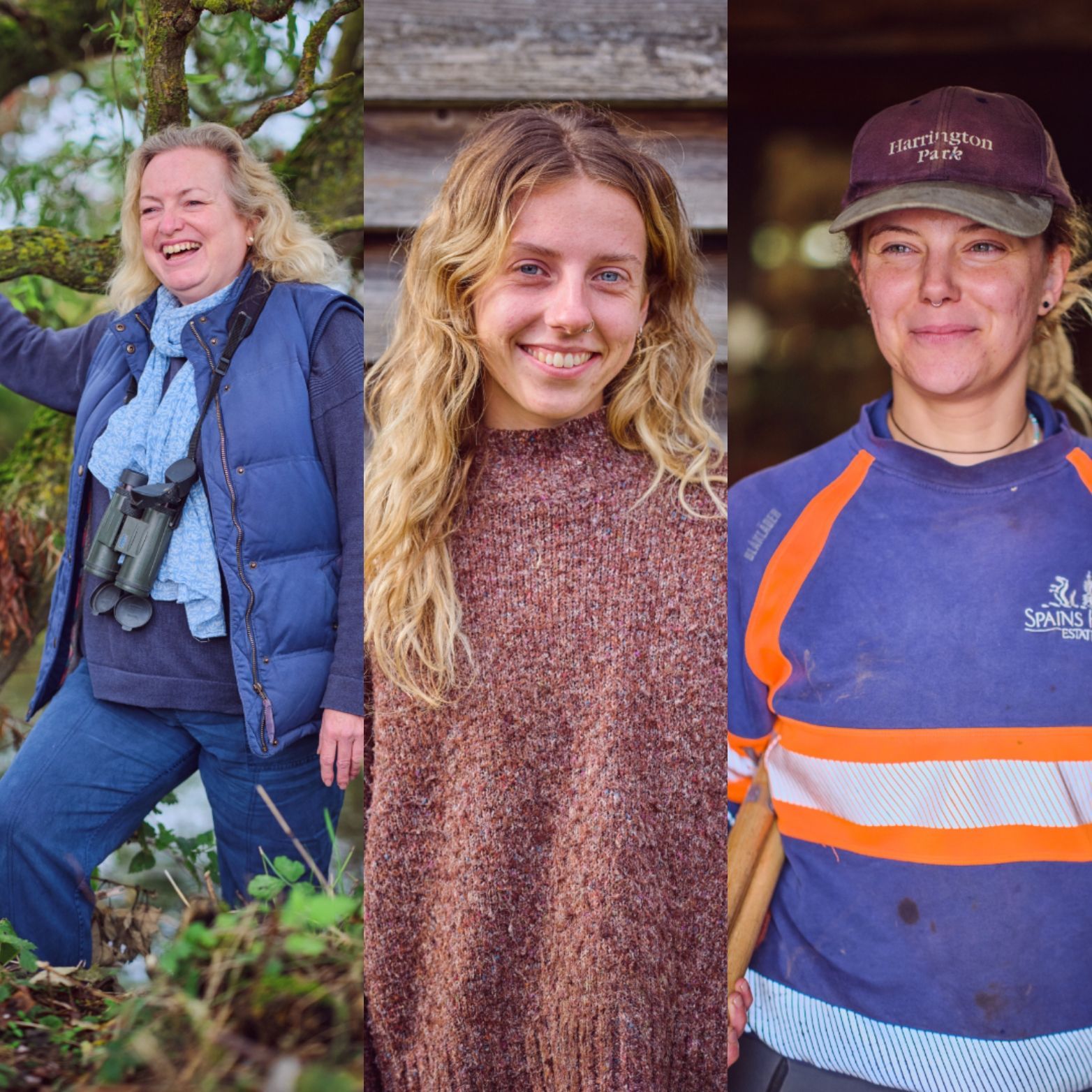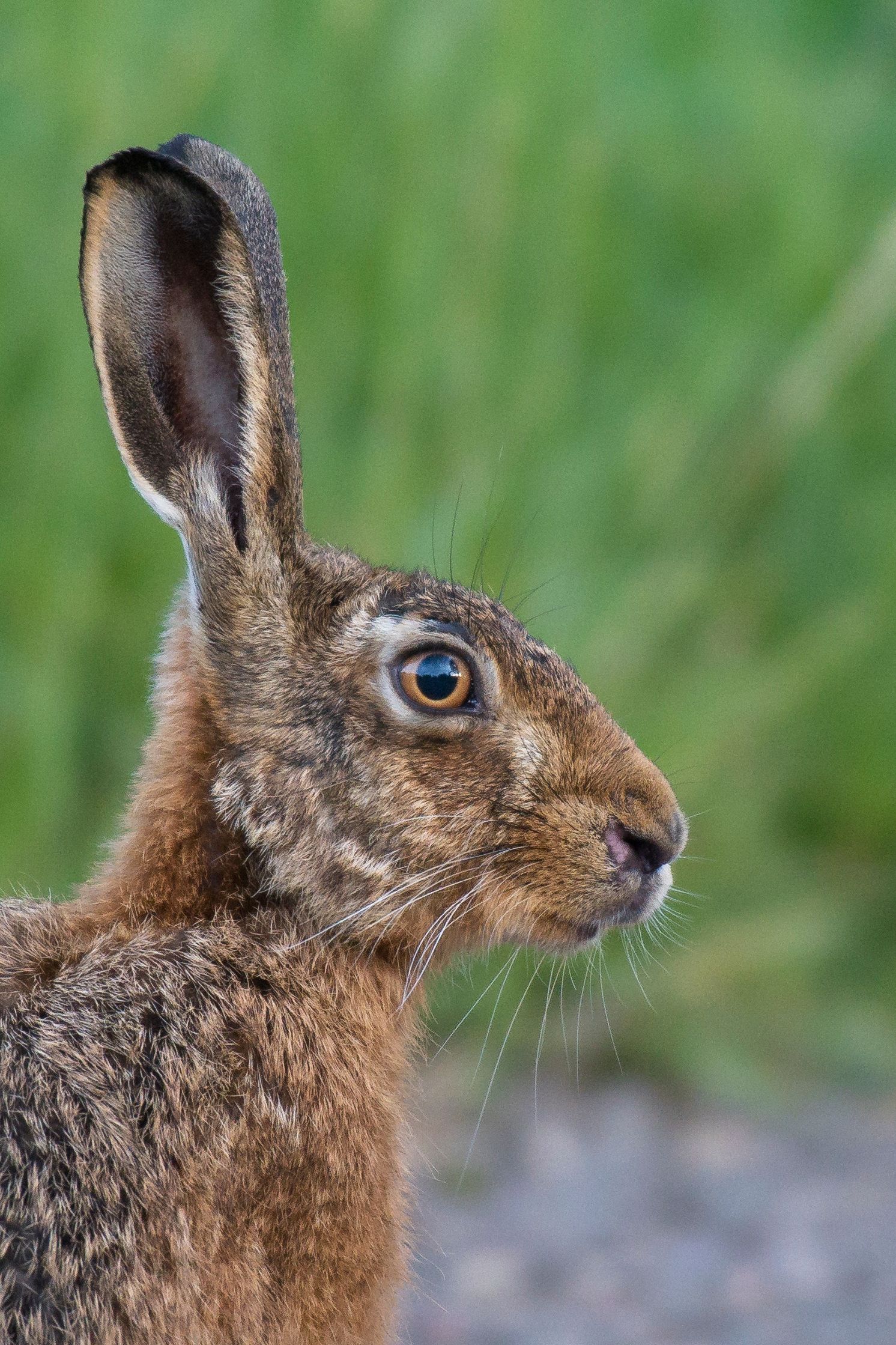Estate tracks built to reduce silt runoff into rivers
Hardcore tracks used to reduce water pollution
If you've been walking round the estate footpaths you might have spotted some plant and machinery, and quite a lot of rubble! This is part of a programme to create 3000m of new tracks on the estate, funded through Countryside Stewardship and supported by Catchment Sensitive Farming. The purpose of these new tracks is to enable us to move around the farm year round without damaging soils, causing ruts which then lead to erosion and pollution of rivers.
Sarah Brockless, the estate's ecologist, devised the tracks plan as part of her estate-wide ecological master plan. She identified areas where wet ground, slopes and water runoff were causing issues and proposed new tracks, cross drains and other measures (such as grassland creation) to reduce these risks. Thanks to her expertise and experience our ideas gained the necessary support from the local Catchment Sensitive Farming advisors, which meant we could include them in a larger application to the government's farm support scheme, Countryside Stewardship.
In some areas this support means we can change grass tracks to hardcore, and create totally new tracks away from sensitive, wet and valuable woodland edge habitat. The work is being carried out by local contractor, Andrew Hull, based in Shalford.
This type of grant funding is available to all farmers, so if you fancy doing something similar then get in touch with your local Catchment Sensitive Farming advisor to find out what's likely to be possible in your patch. If you are local to the estate and Essex then the North Essex Farm Cluster can also help.
Latest news
